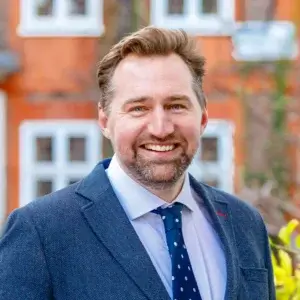Uniquely among Westminster think tanks, the Centre for Social Justice focuses on strengthening the family as a key preventive strategy.
The family is our first stop for caring, nursing and counselling. It promotes a sense of belonging and offers protection. A stable family reduces the chances of becoming homeless, or getting in trouble with the police, or even ending up in jail. Positive parenting affects children more than parental income or parents’ educational qualifications.
A stable family affects health outcomes too. Among 5–10-year-olds, 6 per cent of children with married parents experienced diagnosable mental health issues compared to 12 per cent of children with cohabiting parents and 18 per cent of children raised by a lone parent. Children who grow up in any type of care setting are 70 per cent more likely to die prematurely than those who do not. Most of these deaths are due to self-harm, accidents and mental/behavioural cause.
A greater understanding of the prevalence of Adverse Childhood Experiences (ACEs), and of genetic and epigenetic processes, presents an opportunity to identify needs before they escalate into crisis. Family Hubs, a concept introduced in the CSJ’s “Breakthrough Britain: Family Breakdown” report in 2007, meet families’ needs at a local level, signposting to specialist services and delivering support on site, from debt advice to couple counselling. Their one front door approach carries no stigma, ensuring families seek help before they need expensive and extensive interventions.
One in five children and a third of all parents have experienced domestic abuse. The CSJ’s report “No Honour in Abuse” encourages health practitioners to identify and refer victims, perpetrators, and children affected by domestic abuse in order to break this toxic cycle.
The first 1,001 days for children’s development and well-being are highly significant. We campaign for all children to have the best start in life. At present, they don’t. Since the publication of our landmark report, ‘Breakdown Britain’ the CSJ has continued to highlight the “marriage gap” between the top and bottom quintile of the population. By the age of 5 almost half of children in the most disadvantaged areas have seen their families break up, compared to only 16 per cent of children in middle-class homes. We aim to design and advocate policies that promote responsible fatherhood, reduce parental conflict, and engage the hardest to reach parents with their children’s development.
The state can never replace the family – but it can support it. Our Unit shows how.
Partnered charities:








